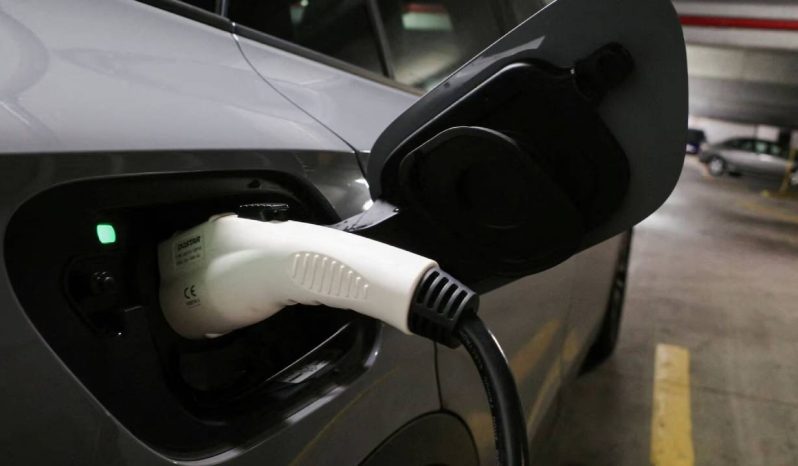Electric vehicle (EV) sales in India are projected to surge by 66% this year, building on the remarkable growth witnessed in 2023, driven by state subsidies and the development of supportive infrastructure, according to a report by research firm Counterpoint. This rapid expansion contrasts with the slowing EV growth observed in other major markets such as the United States and China.
The report further predicts that by 2030, EVs are poised to capture nearly a third of India’s personal vehicle market. Despite being relatively small, India’s EV market is on a steady rise, primarily led by domestic automaker Tata Motors. While electric models constituted 2% of total car sales in 2023, the government aims to escalate this figure to 30% by the end of the decade.
To incentivize EV manufacturing within the country, the Indian government recently reduced import taxes on select models, provided carmakers invest at least US$500 million and commence domestic production within three years. This move is particularly beneficial for foreign automakers like Tesla, which has initiated production of right-hand drive cars in Germany for export to India later this year, as reported by Reuters.
Additionally, Vietnamese automaker VinFast plans to inject US$2 billion into the Indian market and has already commenced the construction of a factory in Tamil Nadu. While Tata Motors dominated over two-thirds of the country’s EV market last year, it faced stiff competition from Mahindra & Mahindra and Chinese automaker BYD.
Mahindra & Mahindra witnessed an extraordinary 2,500% growth in EV sales last year, driven primarily by its all-electric SUV XUV400. Similarly, BYD experienced substantial growth of over 1,500% in EV sales with just two models in its India lineup, namely the e6 MPV and Atto 3 SUV.






